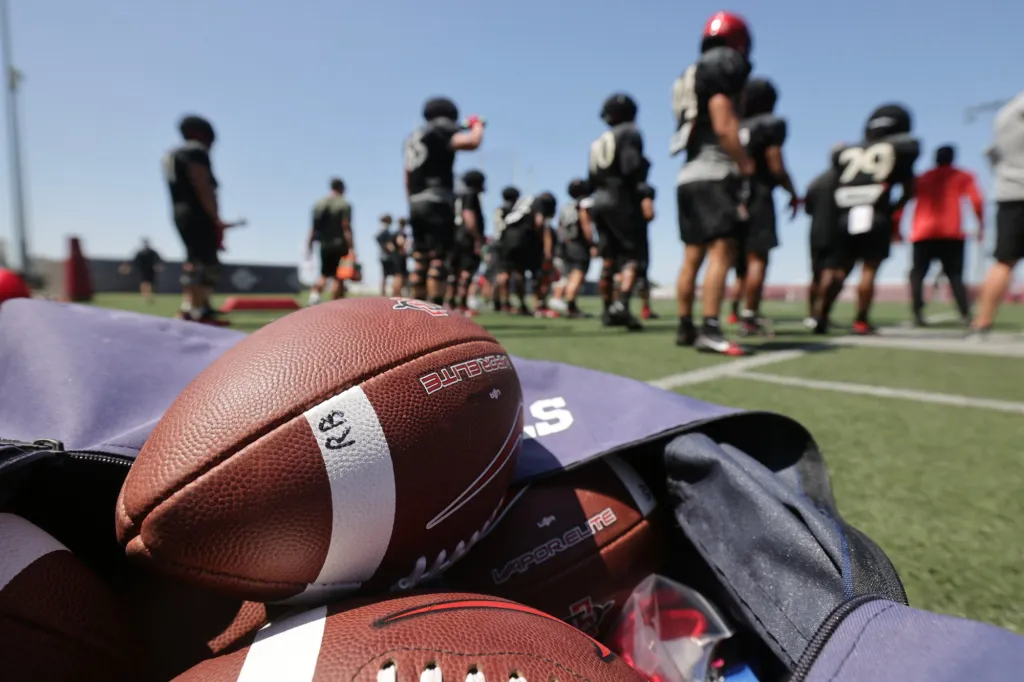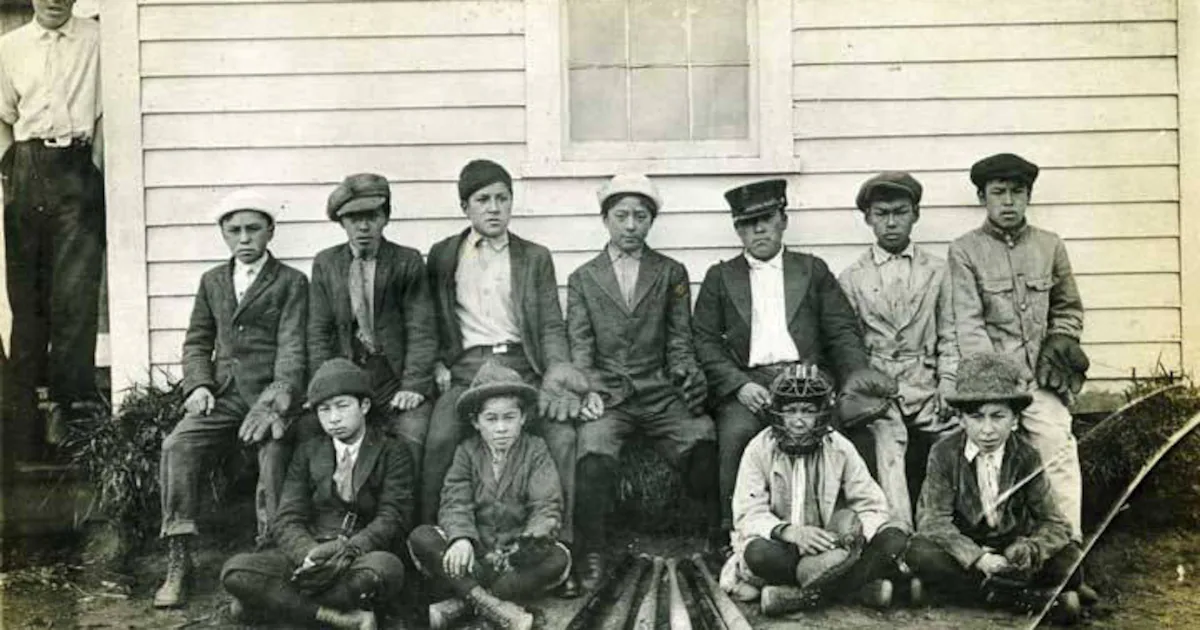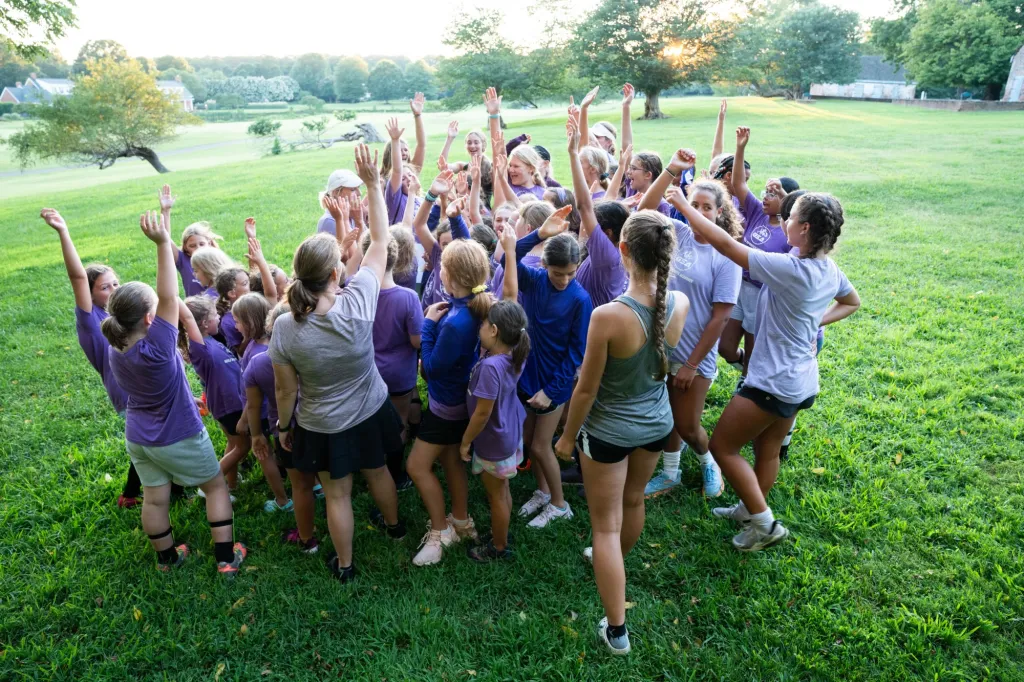
The Mountain West began requiring “availability reports” this season for conference games.
Schools are required to list whether a player is “out” or “questionable” by 4 p.m. local time two days before the game. A final availability report is required three hours before kickoff.
On Wednesday, SDSU listed 10 players on its availability report heading into Friday night’s Mountain West opener against Colorado State. There were no surprises.
Eight players were listed as out (full game): offensive lineman Mason Baker, defenivd tackle Kodi Cornelius, offensive lineman Dallas Fincher, cornerback Xavier Hamlett, linebacker Etene Pritchard, receiver Ben Scolari, offensice lineman Michael Watkins and cornerback Jelani Whitmore.
All but Hamlett, who suffered a lower body injury last week, have been sidelined for weeks (some after surgery) with various injuries expected to sideline them for most, if not all, of the season.
Receiver DJ Overstreet ando and offensive lineman Ashdon Wnetrzak were listed as questionable. Neither has been listed on the two-deep or figured to participate against the Rams.
Colorado State also had 10 players listed on its initial report, all as out, with the Rams differentiating players out either for the game or for the season. Six of the players started at least one game this season for CSU. Defensive linemen Gabe Jones and Mukendi Wa-Kalonji and offensive lineman Tanner Morley are out with season-ending injuries, while linebacker Jacob Ellis, defensive back Dylan Phelps and tight end Jaxxon Warren are sidelined for the game.
“At the end of the day, you want to know who’s in, who’s out, who’s questionable,” San Diego State coach Sean Lewis said this week. “At the end of the day, that’s all that we’re going to do.
Mountain West football coaches discussed a potential policy and shaped the idea with input from school and conference officials.
“You get a bunch of smart people in the room,” Lewis said. “Everyone has a different set of ideas as we’re trying to cook up a recipe for our league that makes it best.
With a chef’s kiss, Lewis said: “This will be right. … It’s where we’re at. It’s not necessarily what some of the big, big boys, supposedly, are doing, but it’s not nothing. It shows how we can continue to innovate, we can adapt, we can overcome and we can share some information and know.
“We’re doing it anyway. We’re setting the travel roster. It’s there.”
Lewis said the availability report also could reduce some of the increasing pressure on players from outsiders looking for information.
“If we take the ownership and the onus upon ourselves to put that information out there,” Lewis said, “then some of the nefarious characters that try to get to our kids and try to influence them behind the scenes, because there’s so much money involved in the legalized sports gambling across our country right now, then it protects our kids because the information is out there.
“So we’ll release that availability report. Help insulate our kids a little bit.”
Concluded Lewis: “We’ll see as we go through the season … Come on board. Let’s all go on this ride together, into the great unknown.”
Calling AI
Speaking of player availability, Lewis related how AI in mere seconds can provide information that might take a graduate assistant hours of research.
“A couple of weeks ago there was a young man who wasn’t dressed in the previous game before we played,” Lewis said. “I called one of the GAs in, like back in the day, and said, ‘Hey, go scour the internet, check and see if so-and-so is going to be able to play.’
“Then I was like, wait a second, hang on. I logged onto ChatGPT (and typed in) is so-and-so going to be ready to play against the Aztecs?
“It compiles every single interview. It was like a 30-second problem. It was, like, ‘Yep, he’s available. He practiced yesterday. Coach said it here.’
And you could trust it?
“It was accurate,” said Lewis, who told the GA to go figure out something else to do.



